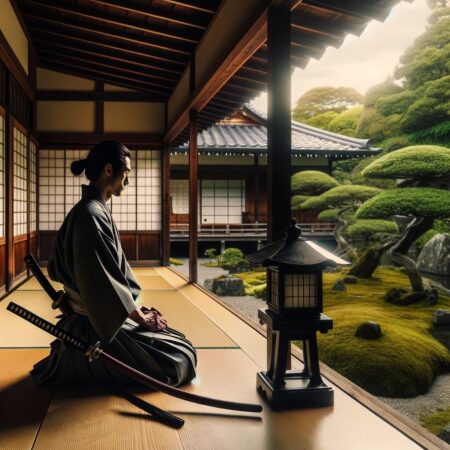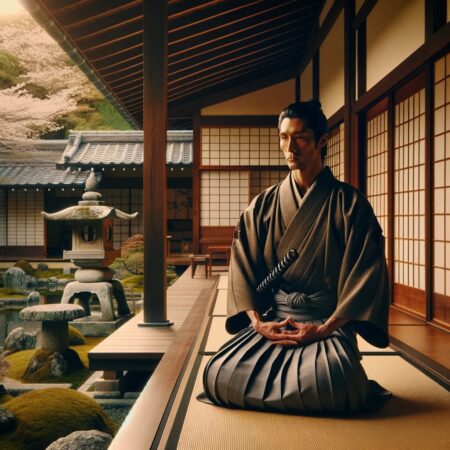When people think of Japan, the image of the samurai often comes to mind. But who exactly were these samurai, and what roles did they play? Samurai were not only combatants who fought against enemy nations, but also guardians who protected against dangers that threatened the peace of everyday life. They have remained a symbolic presence in Japan's history and played a crucial role in shaping Japanese culture. In this article, we will explore the unique concept of the "samurai" – delving into their origins, characteristics, and the significant impact they have had on Japanese culture.
What is Samurai?
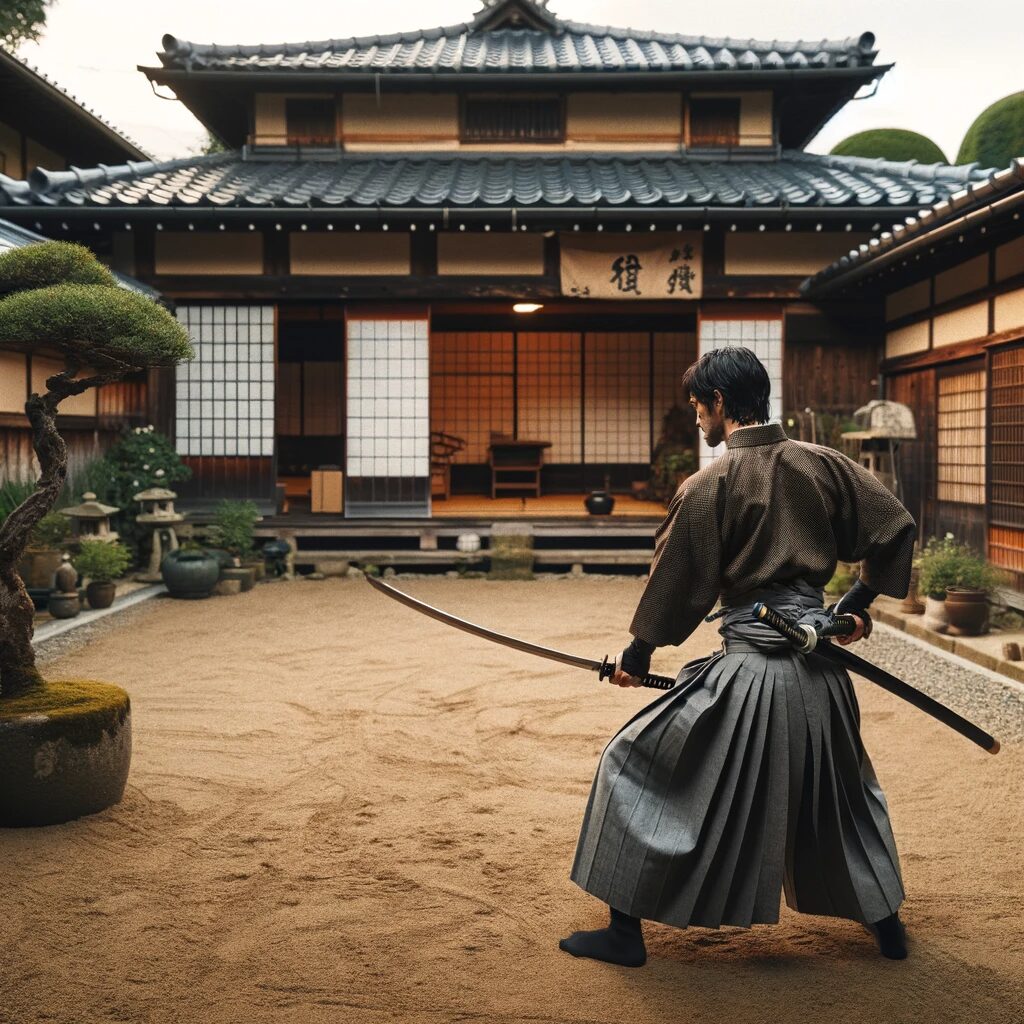
Samurai refers to a class of people in ancient Japan who made their living through martial arts and combat. They are also known as "bushi." In fact, in ancient Japan, there were many individuals in positions similar to samurai who held power and influenced Japanese culture. But how did the samurai come into existence?
The History of Samurai
Let's take a look at how the samurai came into existence.
The Origin of Samurai
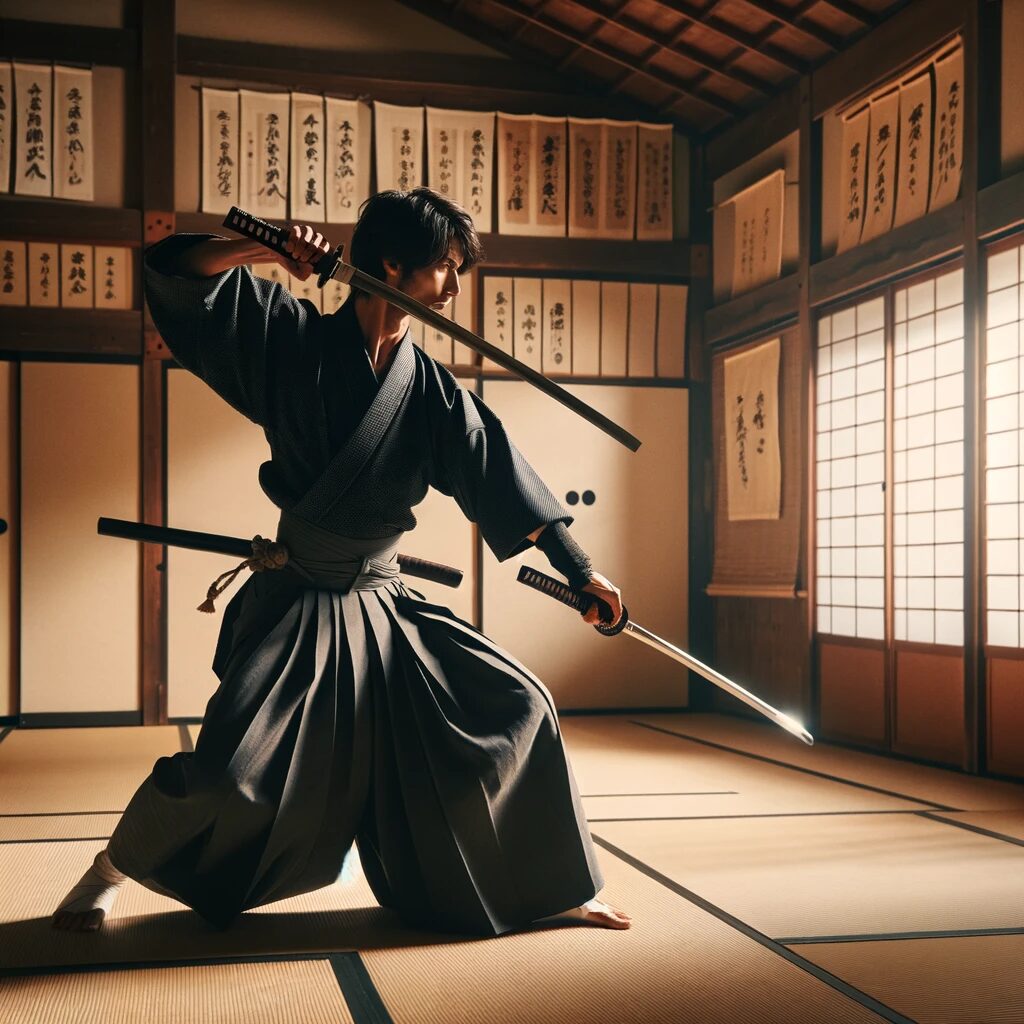
The exact year of the samurai's origin is unclear, but it is believed to have been around the late 700s. The establishment of the samurai is linked to a law enacted in 743. This law allowed individuals to permanently own land they had cultivated if they met certain conditions, such as obtaining approval from the local lord.
As a result, regional clans and powerful farmers began to seek and cultivate new lands, expanding their agricultural holdings. Additionally, influential farmers owning land increasingly offered bribes to lords to avoid paying taxes. In this context, conflicts between farmers and between land-owning farmers and lords began to rise. The increase in armed conflicts set the stage for the emergence of samurai and warriors.
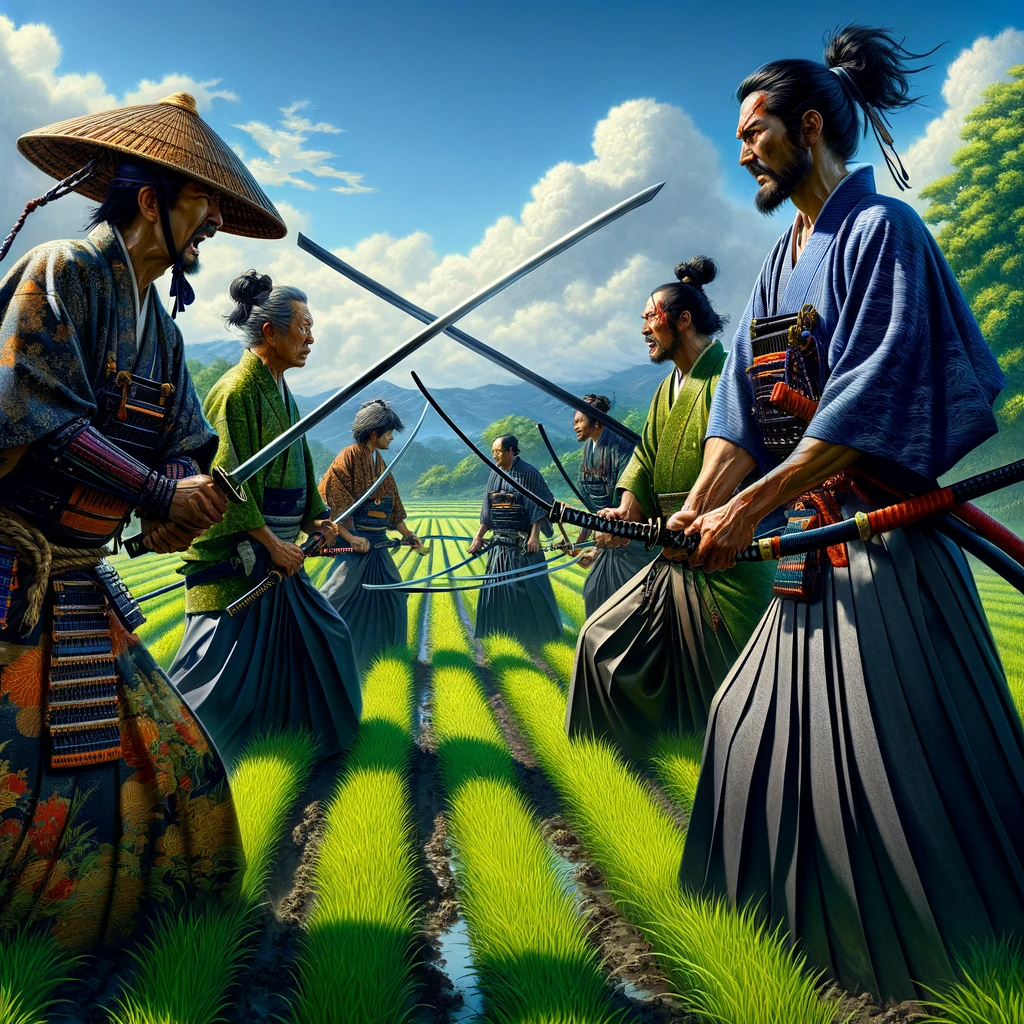
As conflicts increased and more individuals took up arms, leaders who could organize armed individuals began to form armed groups. Various armed factions emerged throughout the regions, eventually consolidating into two major powers. One was the "Kanmu Heishi" clan, which had solidified its base in the imperial court centered in the western provinces. The other was the "Seiwa Genji" clan, which had expanded its power by gathering the warriors of the eastern provinces and strengthening the ties of lordship and fealty.
Samurai seized power in Japan
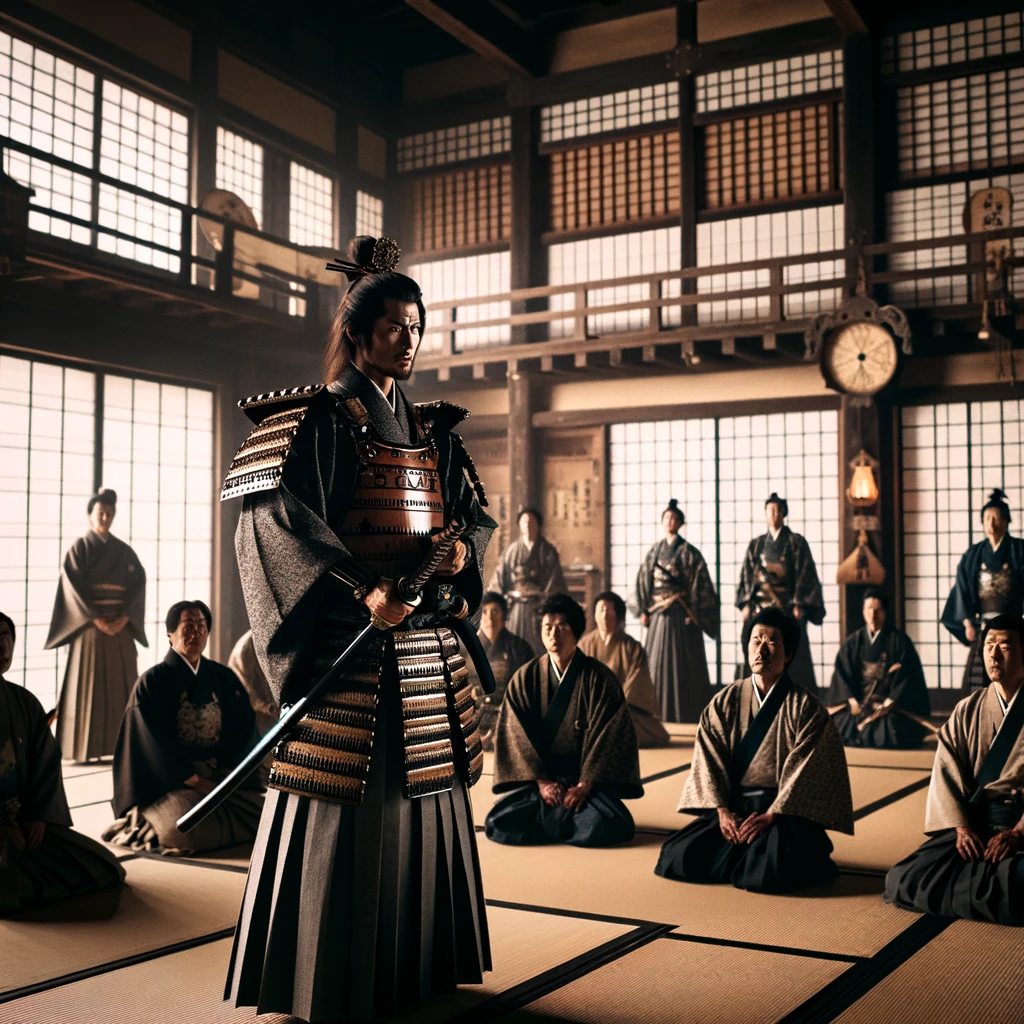
Since ancient times, Japan has been governed by nobles centered around the Emperor, but with the emergence of samurai, their influence gradually became stronger in politics as well. Among them, Taira no Kiyomori of the Taira clan, a family of the Kanmu Heishi lineage, rose in the political ranks, and in 1167, he became the first person of samurai descent to occupy the position of a minister of Japan.
Subsequently, Minamoto no Yoritomo of the Genji clan, a lineage of the Seiwa Genji, overthrew the government led by the Taira clan through military force, and in 1192, he established the first samurai-led government in Japan.
Following that, samurai and warriors continued to hold power in Japan, albeit with changing roles. However, by the late 19th century, Japan faced pressure from the industrially advanced nations of the West due to the Industrial Revolution, and in 1867, the samurai-led government, which had lasted for about 700 years, finally came to an end.
What is the impact of samurai on Japanese culture?
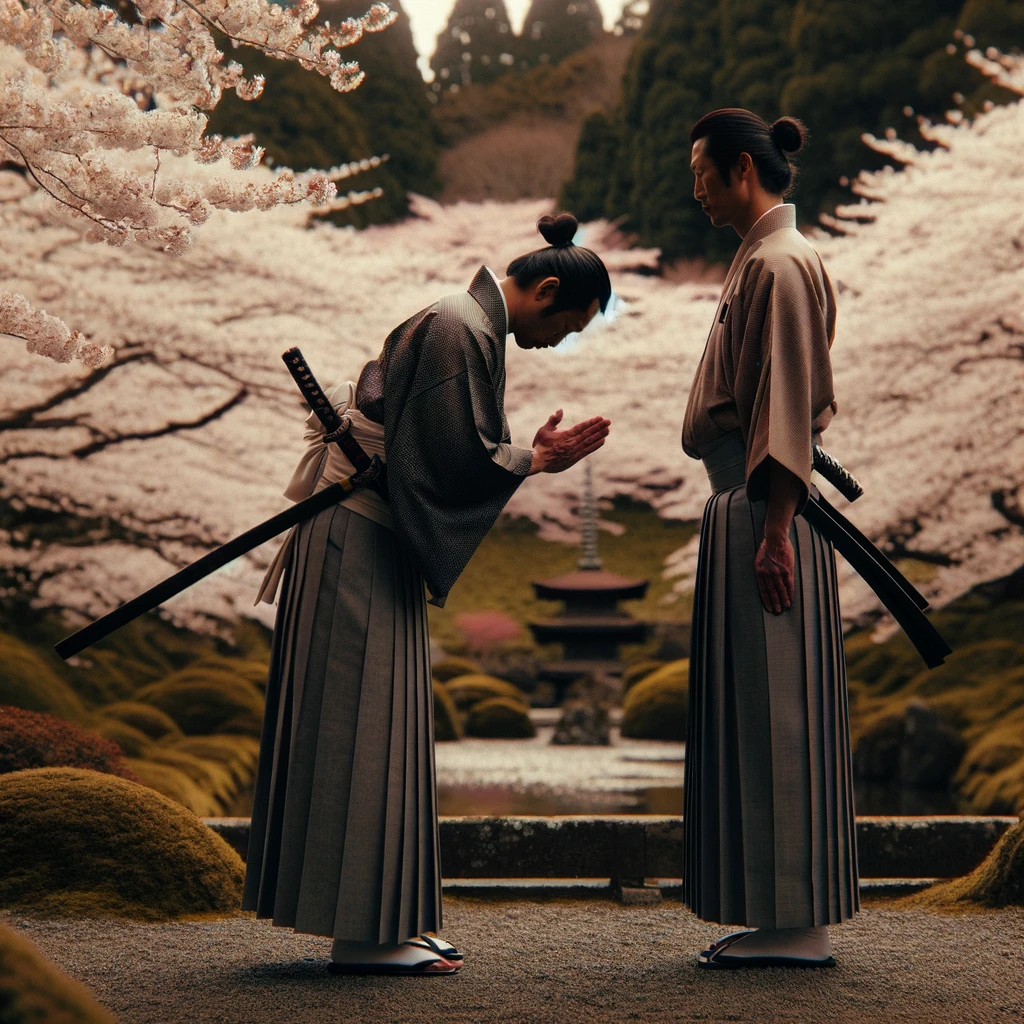
The samurai, having held power for a long period in Japanese history, have had a significant impact on Japanese culture. They have particularly influenced the formation of the Japanese spirit model that resonates with the Japanese people today.
Above all, the samurai and bushi pledged loyalty to their lord. They would never betray their lord, regardless of the circumstances, and would spare no effort for their lord's sake, even if it meant sacrificing themselves. They valued empathy and duty over selfish motives, and would not engage in actions that benefited themselves but not others. They placed great importance on interpersonal relationships. These philosophies of the samurai and bushi are referred to as "Bushido."
These mental models have been passed down to modern Japanese people and serve as the foundation of their way of thinking. Japanese people are often said to be altruistic and unafraid of self-sacrifice, which can be attributed to the permeation of Bushido throughout the Japanese populace. The samurai have shaped the mental framework of contemporary Japanese people.
Summary
How was it? We've introduced some perhaps surprising facts about samurai and their impact on Japanese culture. While samurai no longer exist in Japan today, their spirit lives on as Bushido in modern Japanese people. We Japanese must continue to pass on the positive aspects of Bushido to the next generation, just as our predecessors have done.



